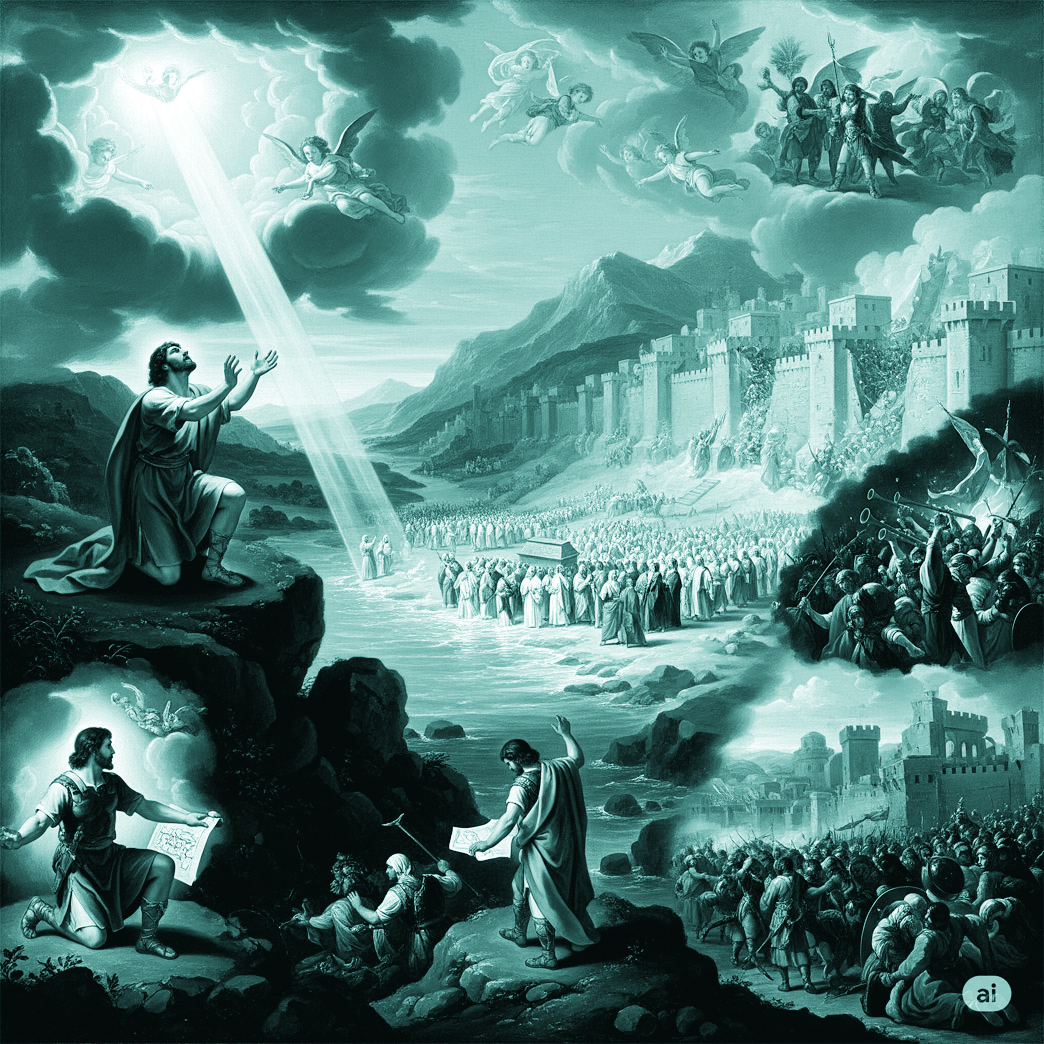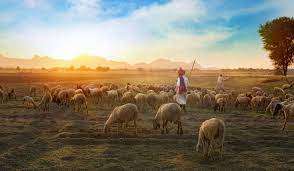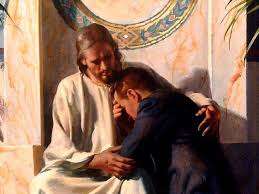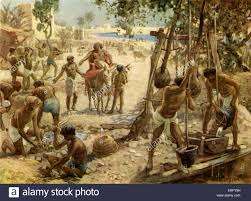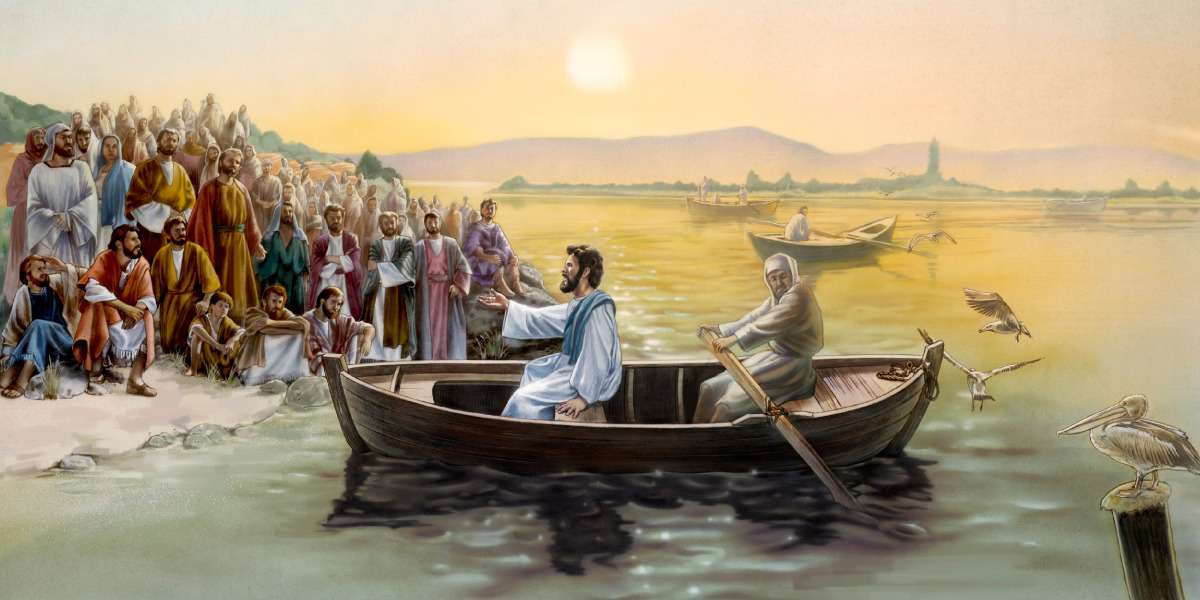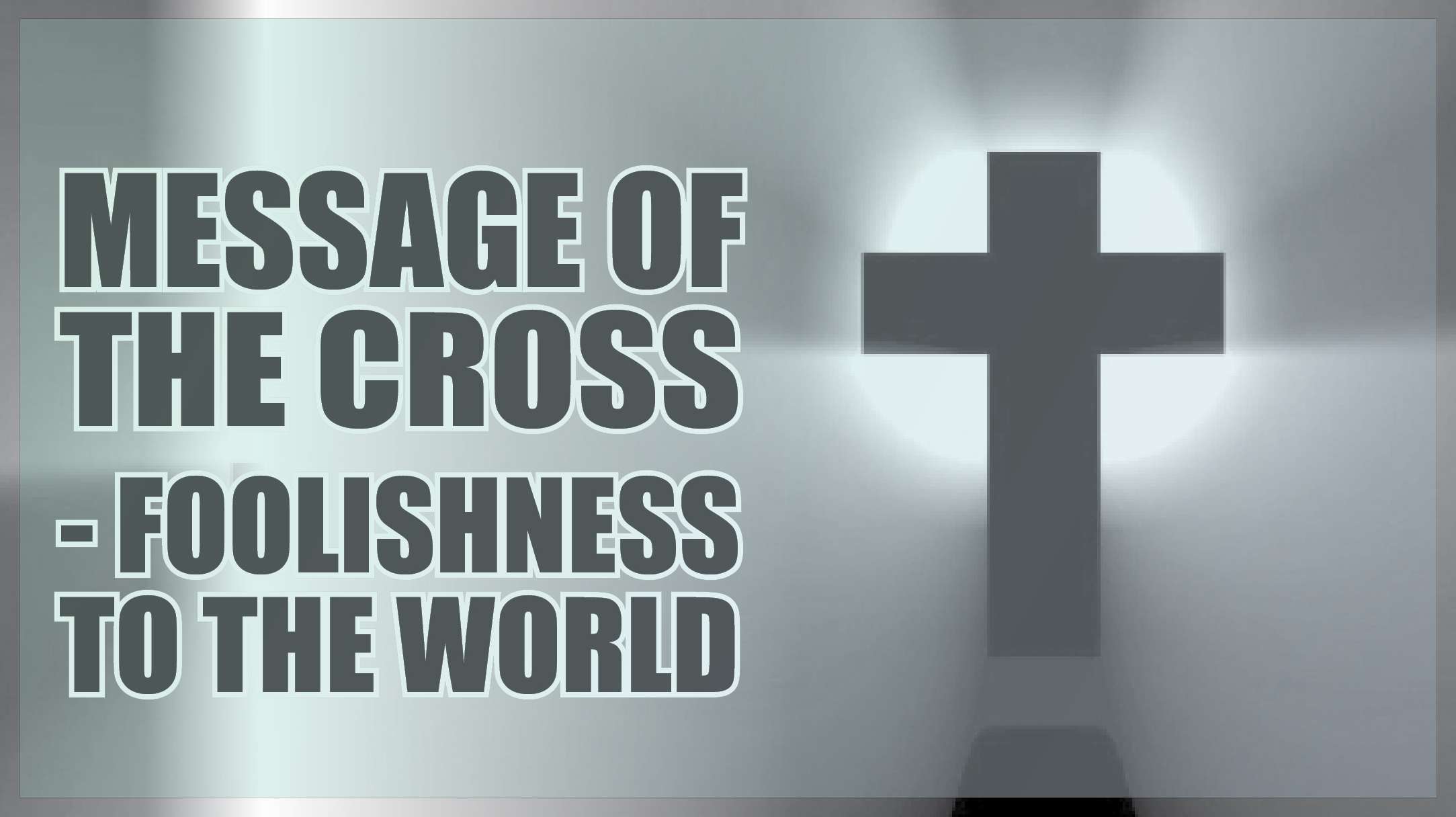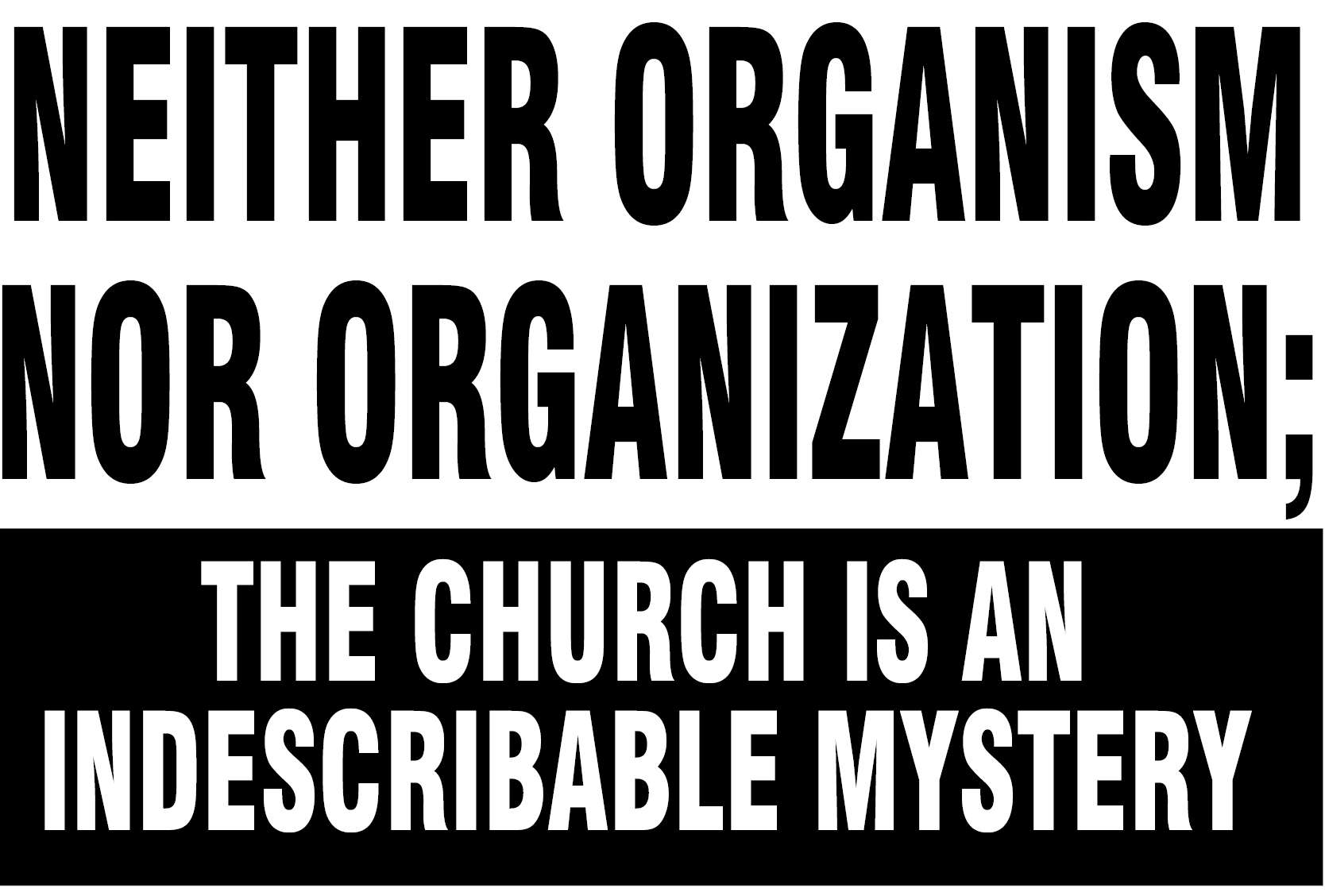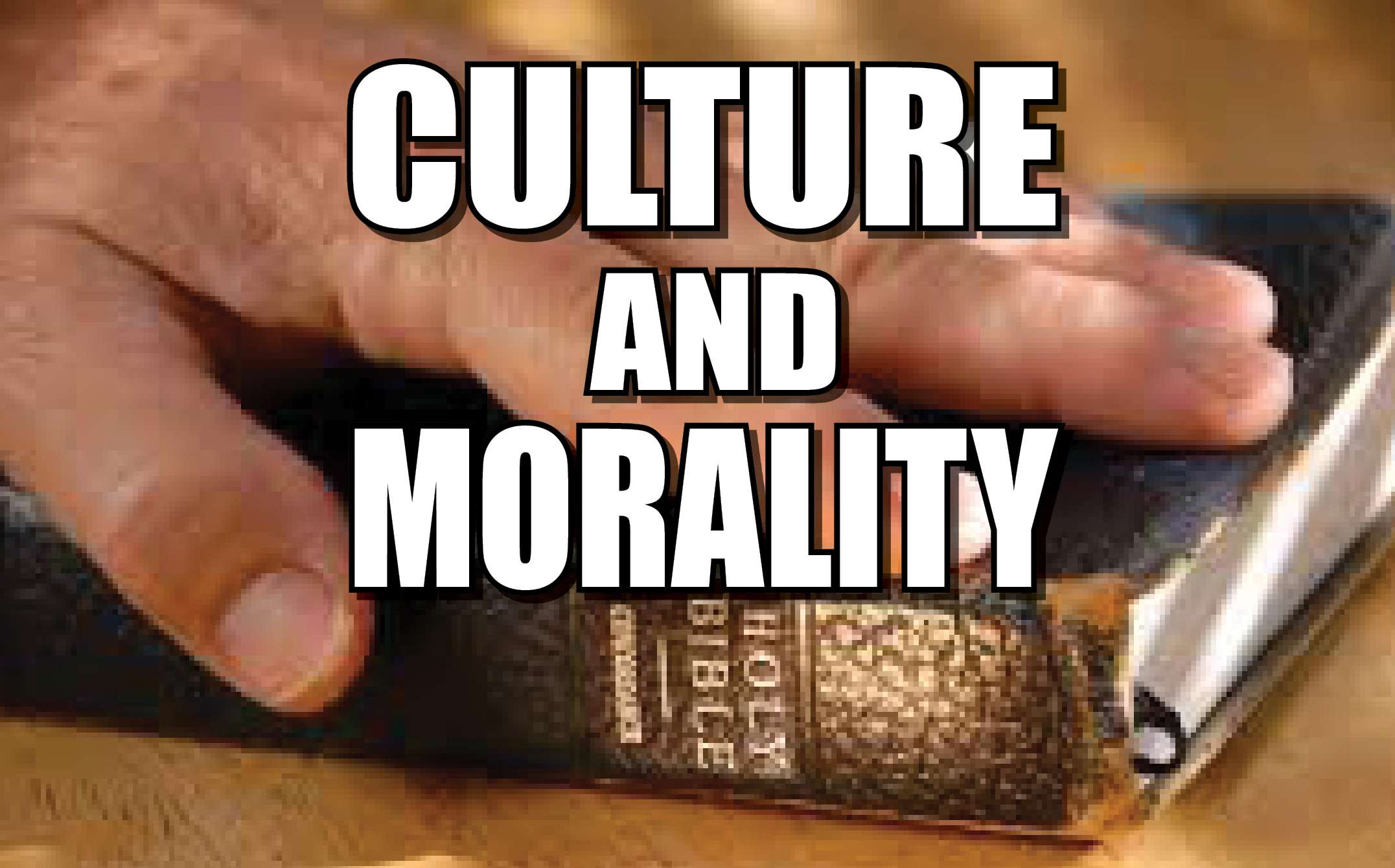

Vineyard of the Lord: Ministry and Mission
Dr. J. N. Manokaran
Vines are an important aspect of Israel since ancient days. Grapes were used to be eaten fresh, making wine, dried as raisins and grape honey, a sweet thick liquid. Grape honey was made by treading the grapes, then boiling it to evaporate the water and create a syrup. Vine was part of the day-to-day life of people of Israel. Grapes are mentioned in the Bible, more than fifty times.
Three texts
There are several texts in the bible connected to grapes or vine or vineyard. However, three prominent passages help to understand the meaning and purpose of God’s vineyard: Ministry and Mission.
The first text is from Isaiah where the Nation of Israel is compared to vineyard. (Isaiah 5) The second text is the parable of evil tenants. (Matthew 21:33-44) The third is the parable of workers who are invited to work in the vineyard. (Matthew 20:1-16)
I Lord, owner of vineyard
1. Great Privilege
The Vineyard belongs to God who is a loving person or the beloved. God has wisely planted the vineyard on a fruitful hill. Even in that hilly area, he had dug and removed the stones. Then he planted the best or the choicest vine. Lord invests in it by giving constant attention by pruning. In the midst was a tower to provide protection. There was also a winepress to process the grapes. In the Genesis, before Lord created Adam and Eve, he had already created the whole world to make their life comfortable. In the same way, Lord chose the Nation of Israel and provided all that were needed for them to be a blessing to the whole world.
2. Great Expectation
As the owner of the vineyard, God expected good grapes. Despite the privileges, provisions, advantages and opportunities, the vineyard did not yield sweet fruits but only wild grapes. That means it was worse than unfruitfulness. The wild grapes mentioned are beautiful berries, but bitter, foul-smelling, poisonous, useless, and unprofitable. God’s love, mercy, care, investment, time, and energy did not produce the desired result because of sin and rebellion.
3. Great Judgement
When the vineyard did not produce sweet grapes, the owner would just remove the special protection provided. It shall be burnt, trampled down, and become a waste land. The Assyrians could do that to the Nation of Israel when Isaiah prophesized. Lord will stop his work: digging, watering, and pruning. Briers and thorns would be there. God will command the clouds not to rain.
4. Lord of Harvest
God is not only the owner of vineyard, but He is also Lord of Harvest too. (Matthew 9:38) In fact, the whole world is his vineyard.
II The Wicked Tenants (Matthew 21:33-44)
1. Tenants
Lord shared the parable of a vineyard that was planted, cared for and had protection fence around it. The owner appointed vinedressers to manage the vineyard. They were supposed to tend the vineyard and give the yield to the owner. However, they were not in a mood to give the yield to the rightful owner. In other words, they looted, exploited, and destroyed the vineyard. Hence, those unfaithful tenants were branded as thieves by the Lord. (John 10:8)
2. Prophets, the Messengers
However, when the owner sent his messengers to get the yield, they were beaten up, mistreated, and killed. God sent many prophets to warn Israel to repent and turn to the Lord. The prophets were not given respect, they were humiliated and rejected by the Nation of Israel.
3. Son of God, the Messiah
The Master sent his son thinking they will respect at least his son. However, the tenants thought if they kill the heir, then they could enjoy the vineyard forever. Lord stated his parable as a prophecy that He will be killed by the elders of Israel in alliance with political power of Romans. The Chief Priests and the elders of Israel did not respect the Son of God. They caught him in the Garden of Gethsemane, took him to the court of Pontius Pilate and crucified him at Calvary.
4. Judgement
But the owner of the vineyard would judge the wicked tenants and destroy them. The owner had legal right to expect and demand fruits. The tenants were punished and judged. And God will judge the nation of Israel. As Lord Jesus foretold the city of Jerusalem would be destroyed and it was in 70 AD.
5. New Tenants
The owner turns the rights to other tenants. The New vineyard the church is given to new tenants the apostles, the prophets, the evangelists, the pastors and the teachers. (Ephesians 4:11)
III The Harvesters
All disciples ought to be disciple makers and church planters. Lord Jesus Christ told his disciples that the harvest is plenty, but the labourers are few. He urged the disciples to pray that there could be more workers to gather the harvest. (Matthew 9:35-38) The whole world belongs to God and it is His vineyard too. Throughout the history Lord has sent his workers into the vineyard and continues to recruit more as evident in the Parable of Workers. (Matthew 20: 1-16) The Master recruited workers four times: at 9 AM, then at noon, 3 PM and 5 PM. If one day is considered as the whole period of church history, then it denotes four eras.
1. Early church Era (0-450 AD):
After His resurrection Lord appeared to disciples and gave them the Great Commission. (Matthew 28:18-20) Lord before ascension promised the outpouring of the Holy Spirit, who will empower believers to witness in Jerusalem, Judea, Samaria and to the ends of the earth. (Acts 1:8) The twelve Apostles, the New Testament church and subsequent era could be considered as those invited to work at 9.00 AM.
2. Middle Ages (451 – 1451 AD): The next batch of workers were invited at 12.00 Noon. The medieval church era could be compared with workers who were invited in the second round. The monasteries (monks and nuns) were the remanent, faithfully holding on to faith and sharing the faith.
3. Reformation and Modern era 1451- 1914 AD: The Era of Reformation, protestant movement and modern missionary movement could be compared with workers invite at 3.00 PM. Kenneth Scott Latourette, a historian consider the period of 1800-1914 as the Great Century when the gospel reached nook and corner of the world, embracing many cultures, languages, nations and people groups.
4. Modern and Lay movements:
After 1914, the world drastically changed, and mission efforts were challenged intellectually, socially, nationally, culturally, religiously and ideologically from all nations around the world. At that time God raised many lay movements (like Operation Mobilization, Youth With A Mission), local church movements, marketplace movements, tent makers, business as missions to continue His mission. This could be compared to workers invited 5.00 PM.
In these last days, God will use all who are willing to be disciple makers and church planters. These willing people should be identified and trained.
IV. Global Promise
Every person has potential to produce sweet grapes (righteousness, justice), but when human sin dominates, that person would produce wild grapes (oppression, cry for help, disobedience, rebellion). All disciples are expected to be productive or fruitful. Like Joseph, who even in the context of difficulties, hardship, deception and injustice, produced fruitful vine. (Genesis 49:22)
Isaiah prophesized: “In days to come Jacob shall take root, Israel shall blossom and put forth shoots and fill the whole world with fruit.” (Isaiah 27:6) The Global Church has reached nooks and corners of the world, yielding fruit in all nations, culture, and language. “For the earth will be filled with the knowledge of the glory of the LORD as the waters cover the sea.” (Habakkuk 2:14) Our mission and ministry to to fill the world with the knowledge of the glory of God.
Are we proactively engaged in this mission?

